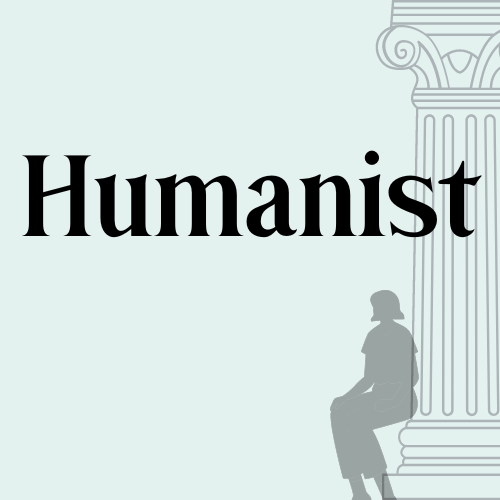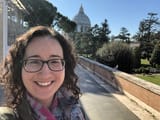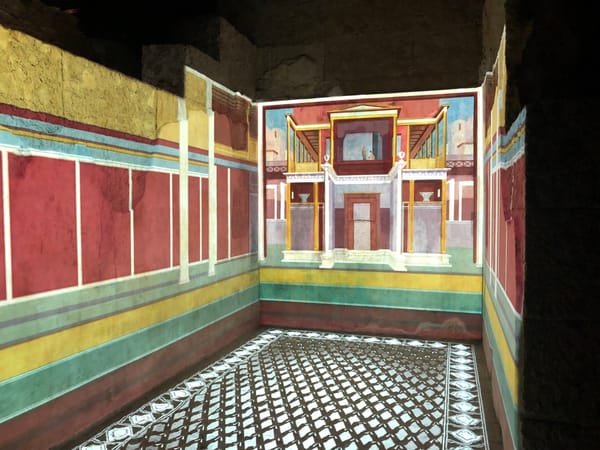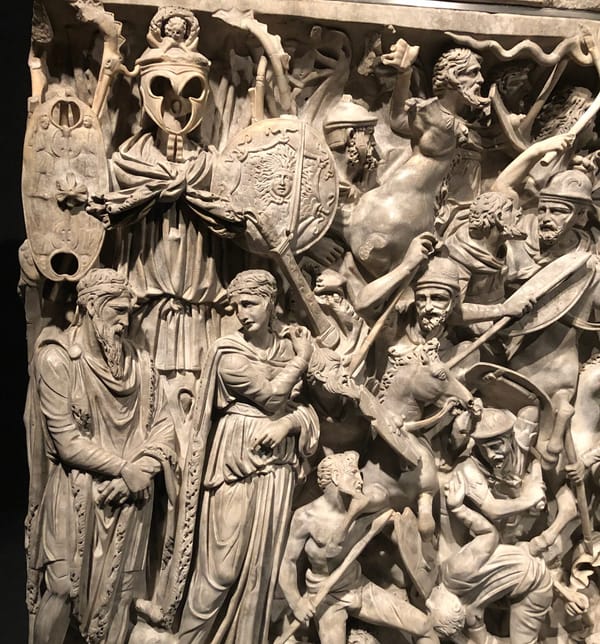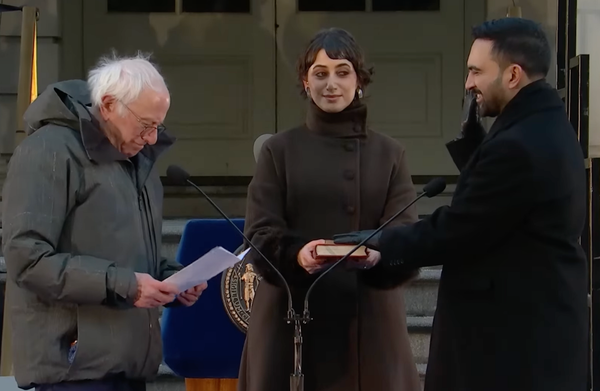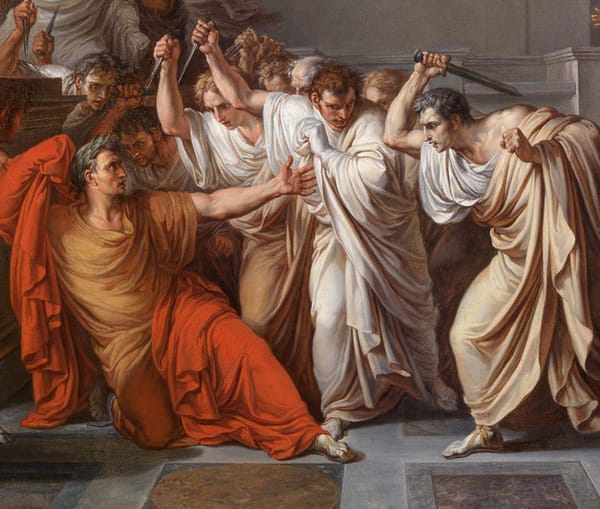Civic Engagement in the Classroom, part 1

After 8 years of teaching Latin, Greek, Roman civilization, and other topics in the classical world, I’ve moved on to work as a curriculum designer and faculty development facilitator for a small nonprofit, The Citizens Campaign. I’m on a team of former practitioners of government and politics who are trying to let more people in on the secret of how to get practical, effective policy solutions adopted at the local level. In this new world, where Ben Franklin seems like ancient history to most folks and “academic” can be a pejorative, I’ve reflected a lot on civic engagement — or the lack of it — in my own classrooms in the past, and how I could have done better. Here’s what I would do today.
1. Choose content that helps students get to know democracy better
At the University of New Hampshire, I was fortunate to teach and develop curriculum for the Responsible Governance and Sustainable Citizenship Project, including a course called “Athens, Rome, and the Birth of the USA.” I brought together readings in Polybius, Sallust, Cicero, and Aristotle with primary source documents from the era of the American Revolution and the writing of the Constitution (the National Archives’ Founders.archive.gov is an incredible resource). I even wrote a couple of articles about it — did you know John Adams was a lifelong Cicero fanboy?
But I digress. One day, as I was expounding on the decemvirate in Livy’s history and the importance of an independent judiciary in connection with Mitch McConnell’s obstruction of Merrick Garland’s nomination to the Supreme Court, a student raised her hand. “Um…I’m sorry…but could you remind me what the Supreme Court is and what you’re talking about?” Oops. I got ahead of myself, and ahead of my students, instead of meeting them where they were. I don’t think they were going to get very much out of my lecture without that basic background knowledge that I had assumed
Our country has ignored and under-invested in civic education at the K–12 level for a good 40 years now, so our students need our help with that background knowledge. Studying the political structures and institutions of Greece and Rome can be a great way to help them understand the U.S. better. If your department doesn’t have a seminar course like this yet, propose one. Ask me for my syllabus, or Google the many other great examples our colleagues have designed. Just make sure you’re making connections with our system today, and that you’re supporting your students in making those connections for themselves
I’ll also say that there’s nothing like reading the personal letters of the “Founding Fathers” to teach students that they were just normal (albeit fairly smart, well-educated) people who made mistakes and got awfully petty sometimes. As with the authors of the classical canon, I think it’s healthy to take them down off their pedestals so we can really engage with them critically. The Founding Fathers struggled with factionalism, popular uprisings, disinformation campaigns, and wealth inequality, just as we do. They perpetuated racism, colonialism, classism, misogyny, and other systems of oppression with which we still live today. I had my students write a short paragraph about the reading before each class, guided by questions I provided about these ideas — I only graded these for completion, so they were low stakes — and they were really a pleasure to read.
Seminars on literature are also a great place to talk about political themes and social responsibilities. In a class on “Individual and Society in the Ancient World,” we read Ta-Nehisi Coates’ essay on police violence together with Antigone, connecting themes of state violence in antiquity and today. We read Lysistrata together with Leymah Gbowee’s phenomenal memoir about a sex strike during the Women’s Movement for Peace in Liberia (I wrote an Eidolon article about this too). In other courses, I showed political campaign ads that used similar strategies to Cicero’s orations, and the museum scene from Black Panther to ground a discussion about cultural heritage in the Verrines. In an MA-level Latin class on citizenship in Cicero’s works, we read Dan-el Padilla Peralta’s article on tiers of citizenship in Athens and Puerto Rico.
These companion texts create opportunities to plug ancient literature into your students’ lived experience, which deepens their investment in learning and makes them more likely to remember what you tried to teach them — it makes your prep effort much more worthwhile, I think. And, of course, it’s an opportunity to introduce more diversity into the array of voices that you’re presenting as authoritative and worthy of attention, which welcomes more students in as interlocutors in class discussions.
We can create space to discuss big questions with no right answer: would you rather be popular or intimidating as a leader? What is good leadership? Should leaders do what they think is best for their constituents, or what they think their constituents want? Is it true that “if men were angels, no government would be necessary”? In what sense are we all “created equal,” given that we’re all also different and born into different circumstances? How do we know when to stick to our principles and when to compromise? That’s what liberal education should be about, I think, and I still enjoy talking through those questions myself, so I’d like to think that students might find it rewarding too.
2. Have your students help other people
In the world of civic education and engagement in higher ed, there has been a shift in recent years. “Service learning” is the gold-standard, high-impact learning experience backed by decades of data, but it has also come loaded with a “white savior” mentality, parachuting students from privileged institutions into the community for a feel-good moment before they disappear again. Programs are now revamping to focus on more equitable and mutually beneficial “community-engaged learning” where knowledge and effort and data can be exchanged on an equal footing. Key to this is an “asset-based” mentality: students, professors, institutions, community organizations, and local leaders all have assets that they can and should share with each other in community. It’s also essential to build in opportunities for students to reflect on what they did, in writing or in person or both, for them to process their experiences and learn from them.
